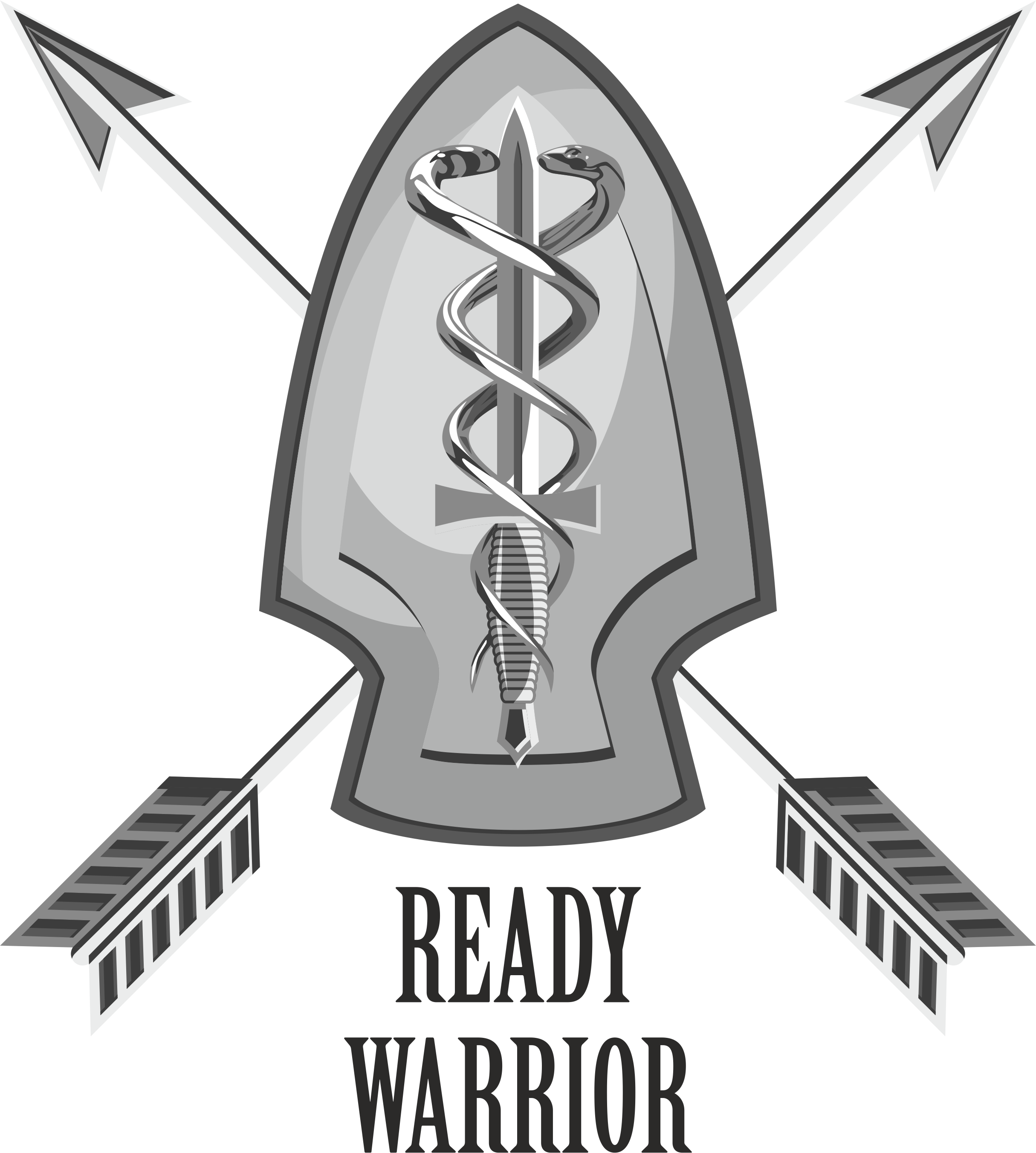Let’s Talk Med Training!
At some point, whether through life experience, following social media, or just realizing its time to protect yourself or loved ones, you’ve decided that it’s time to get some medical training. On behalf of all of us, a sincere thank you. Knowing there are people who can step in and help save a life makes us all sleep better.
Now it’s time to figure out what kind of medical training best suites your needs and skillset. If you’re starting from scratch, no worries. We’ve all been there. When I started the SF Medic course my skillset was limited to putting on band-aids and giving hugs. We all have to start somewhere.
The following are my recommendations for what kind of medical courses you should be looking for based on your previous knowledge and skillset. Not everyone will fall perfectly into these categories, so figure out which works best for you. I also need you all to be honest with yourselves. If you have no foundation of knowledge, you don’t need to take a high-speed TCCC course from former SOF medics as your first class right out of the gate. Crawl, walk, run also applies to medicine.
Understand too that a lot of places will call classes by different names. We can’t keep track of them all, so we certainly don’t expect you to! Look for the classes that fit your level of interest and what you want to learn and a level you’re prepared to learn.
Category 1: No medical knowledge. (The vast majority of civilians/some military)
Limited to putting on band-aids and Neosporin after a scraped knee, this is the vast majority of people. That’s totally fine. For most of us, that’s as much as we ever needed. But now you’ve chosen to push past this comfort zone and build on it.
Recommendations for Category 1:
BLS/CPR, BLS/First-Aid etc.
Stop the Bleed/Bleeding Control (BCON) Courses
Med 101
These will all give you the basic fundamentals of stopping immediate and life-threatening emergencies that can happen to you or your family. Basics should include understanding why you use a Tourniquet vs. Pressure Dressing vs. Simple Dressing and how to do all 3. When and how to open an airway. Why and how to seal chest wounds, burns, splinting, choking, seizures, neck injuries and learning the recovery position. CPR is a plus.
I had to take a First-Aid course through the Red Cross as part of a civilian job requirement and was surprised at how accurate and good of a course it was.
Category 2: I know the basics, but want to build.
People who fit into this category know the basics or have had previous exposure to BLS/CPR/First Aid type classes, or participate in activities where you are more likely to encounter more serious injury (extreme sports, shooting, working for the postal service…jk.)
Recommendations for Cat 2:
This is where you may want to start getting into the TECC, TCCC type courses. The focus is on taking care of the threat first, and performing life-saving interventions rapidly in a more stressful environment for you and those around you. You will build on your First-Aid/BLS training and learn more advanced techniques to further your ability to not only immediately save a life, but provide some level of continual care until paramedics or a higher medical authority arrive.
Category 3: I missed my calling as a Pioneer.
The camper, adventurer, hunter or outdoors person.
Recommendation for Cat 3:
Austere Medicine Courses
Most Austere Medicine or Wilderness Medicine courses will cover topics that you can expect to encounter far from conventional EMS services. It will allow you to determine whether you can drive on, or sustain yourself or others until you can reach a higher level of care. Courses often offer topics on fracture splinting, realignment and dislocations, recognizing and treating frostbite, heatstroke, bites, stings, and respiratory and cardiac emergencies.
There are many sub-categories of medical training classes, such as Home Defense, Advanced Tactical Practitioner, ALS, TCCC-Advanced etc. For now, let’s stick with the basics for what we have listed.
As with any skill, you cannot just learn something once and expect to retain the info. Taking a medical class does not make you an expert. PRACTICING WHAT YOU’VE LEARNED makes you proficient. Please please please don’t be someone who takes a class, buys a medical kit to throw in their home or car and then never thinks about it again.
Want to know where you can invest in some quality training?
Check out our database "Where to Train"
It is a list of companies that offer various levels of medical training organized conveniently by state!
We are here to help, so please don’t hesitate to contact us with any questions or input!


